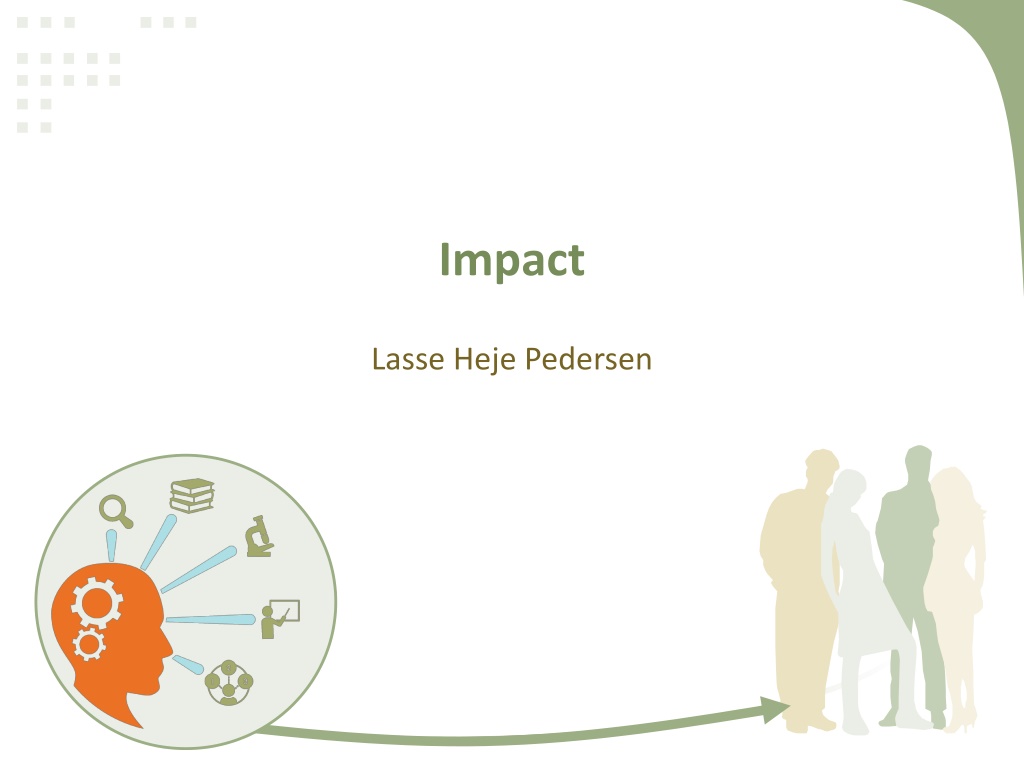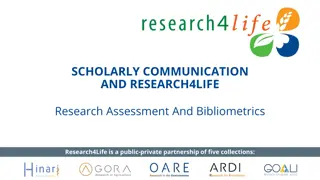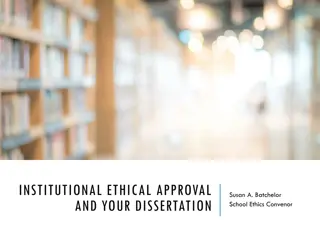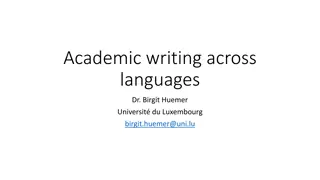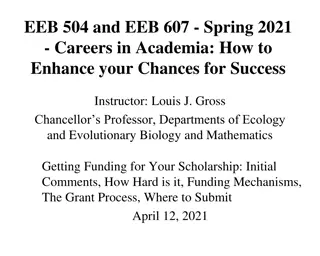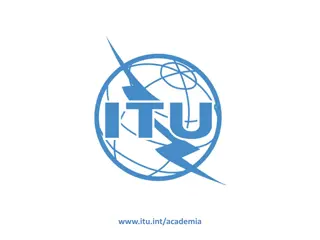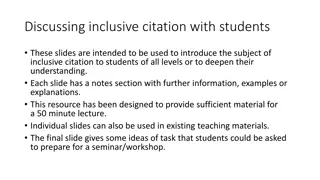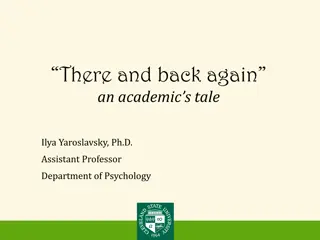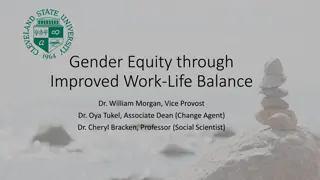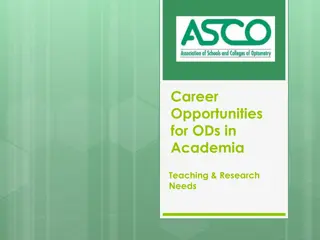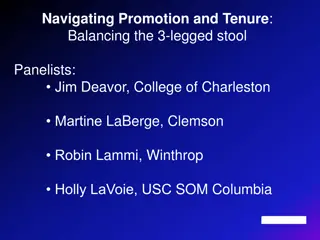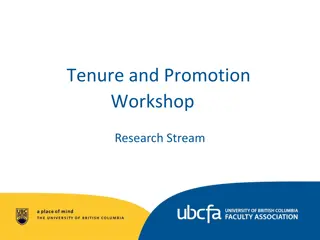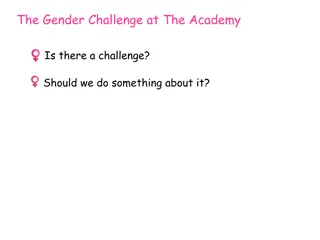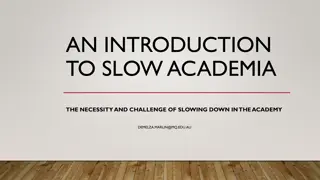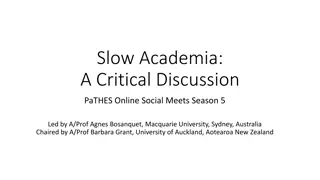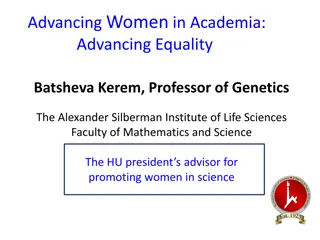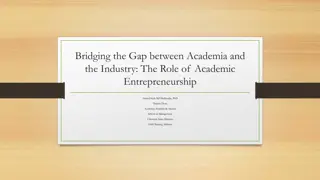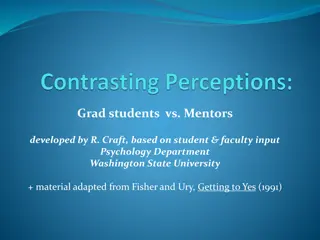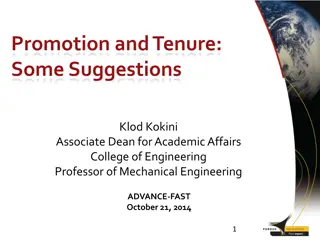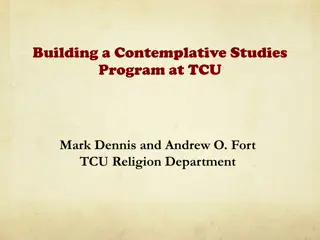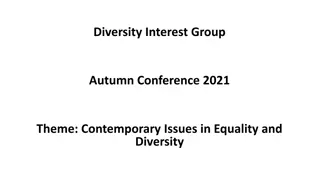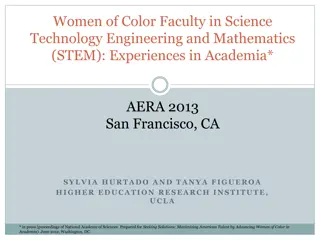Understanding Impact in Research and Academia
Explore the concept of impact in research and academia through discussions on defining impact, measuring it, its importance, and who values it. Learn about concrete examples of impact on various stakeholders and how impact is crucial for universities and researchers to succeed.
Download Presentation

Please find below an Image/Link to download the presentation.
The content on the website is provided AS IS for your information and personal use only. It may not be sold, licensed, or shared on other websites without obtaining consent from the author. Download presentation by click this link. If you encounter any issues during the download, it is possible that the publisher has removed the file from their server.
E N D
Presentation Transcript
Impact Lasse Heje Pedersen
Impact: overview of talk 1. What is impact? Abstract definition, concrete examples, impact measures 2. Why is impact important? 3. How to get impact? As a researcher (micro) and as a university (macro)
What is impact? Abstract definition One definition of impact (that I made up): Impact = (innovation) * (#number of people using it) Wrong measures of impact: Impact = (#number of people using it) E.g., clickbait with no content Paper cited for being wrong Academic often in the news saying nonsense Impact = (innovation) E.g., a nice result that no one uses Difficult to measure accurately Refined measures: People/papers weighted by their impact (fixed point) Short-term vs. long-term impact Deeper results: less short-term, more lasting impact Kuhn: citation pattern changes after a scientific revolution Lasse Heje Pedersen 3
What is impact? Concrete examples Impact on who? Impact on who? How to measure the impact (KPI) How to measure the impact (KPI) Academic impact comes first, key focus at most top universities Academic researchers Citations (Scopus, Google Scholar) Presentations (academic conferences, seminars) Reputation (tenure letters) Societal impact often follows naturally a university should not seek to impact society based on no research Students Research is part of standard textbooks Research papers taught in PhD classes at top universities Placement of students, e.g., PhD students Government Research influences policy Cited in government reports, central bank speeches, etc. Participation in government committees Practitioners Research is being used in practice Downloads (SSRN) Presentations to practitioners General public Media mention; nature of impact depends on whether the news stories concern: own research, research in general, current events (as separate from research) Lasse Heje Pedersen 4
Who cares about impact? Type of university What they value Top 10+ universities Impact we are not a counting school it s all about impact leader in a field of research = tenure tenure based on ability to read papers, predict impact Rest of top 50 Count publications (only top publications count, usually) recognize that impact is difficult to measure 6 top pubs = tenure Lower tier Some care, or pretend to care, about impact subjectivity eases nepotism Teaching schools Teaching ratings what research? Lasse Heje Pedersen 5
Why is impact important? Supply (from universities/researchers): Impact means that research is useful and successful Demand (from users): Real-world decisions should be made based on facts and research What to avoid: A doctor should not operate unless we have evidence that it works A government should not have programs unless we have evidence that they work A business should not use methods known to be counterproductive What to do: use the latest research to be as effective as possible Investment firm using the latest finance research to construct their portfolio An HR department using the latest research to interview optimally A marketing department choosing the form of advertising based on facts Lasse Heje Pedersen 6
Getting impact as a researcher To get impact, you need: 1. Useful research 2. Potential users know about the research Go for top journals Present at conferences Talk to lots of people about the research Other researchers Practitioners and other people working with these issues Lasse Heje Pedersen 7
Getting impact as a researcher, continued Be relevant How is the paper useful? In which situations might we act differently because of the paper? How does the paper change our thinking? Be clear Choose a good title Using everyday words is powerful especially if it creates an image in the reader s mind Being very abstract and using very specialized terms is less memorable it s not about proving that you remember what you learned in grad school Be specific Don t say it may have important implications - describe a specific implication Give examples of how the main result can be used Lasse Heje Pedersen 8
Getting impact as a university Building a top university takes time A university president can overnight destroy a stellar department E.g., top researchers leave But a president cannot overnight make it significantly better A president can improve the rate of change Quality of university Quality of university time time new president (bad) new president (good) Lasse Heje Pedersen 9
Getting impact as a university - improving the rate of change Hire and retain the right people Top researchers who collaborate well and teach well Create a critical mass Momentum : Ideas often arise from conversations: research arithmetic Number of potential conversations = ? ? is the number of active researchers ? is the typical number of discussion participants, e.g. ? = 2: research feeds research top researchers want to be around other top researchers ? 2 2=1 5 10 2 30 2 = 10 = 45 = 435 2 Actual #conversations may not increase in ? for large ? as large group size may diminish social interactions A critical mass of articulate, collaborative, top researchers make impact First academic impact, then societal impact arise organically (government, business, etc.) No simpler way to do it Impact is based on useful research, not empty buzzwords Research is the product , societal impact is the sale you cannot make a sale without a product Lasse Heje Pedersen 10
Getting impact as a university - improving the rate of change, continued Provide the right incentives Incentivize top-level research Reward impact Make good priorities Build on successful departments having some stellar departments may be better than uniform mediocrity especially because of critical mass and virtuous cycles Think in terms of levels, not just changes What is a reasonable size of each department? Not just: what is a reasonable allocation of new slots to each department? The latter method sometimes leads a marginal department to become much larger than a key one Departments with high standards find it more difficult to hire Raise money Top research is not cheap, but top researchers attract money Short term: attract grants, centers, etc. Long term virtuous cycle (see illustration) Raising money ultimately the responsibility of the leadership hire top researchers stellar research impact and prestige money Lasse Heje Pedersen 11
Impact: conclusion Why measure academic impact? Ultimate measure of academic success but beware of pitfalls impact Getting impact as researcher Be relevant, clear, and specific Getting impact as a university Hire top researchers, incentives, priorities These work gradually, not overnight buzzwords without innovation cross-disciplinary for its own sake latest random trend in business talking nonsense in the media lack of disclosures Lasse Heje Pedersen 12
